Disease & Symptoms
Best Psychiatric Illness & Addiction disease Center in Bhubaneswar, India
The key factors of our OAII treatment signify OBSERVATION, ASSESSMENT, INTERVIEWS, AND INTERVENTIONS…
1. *Depression*
Persistent sadness or low mood
Loss of interest or pleasure in activities
Fatigue or low energy
Changes in appetite or weight
Sleep disturbances
Feelings of worthlessness or guilt
Difficulty concentrating
Thoughts of death or suicide

2. *Anxiety Disorders*
Excessive worry or fear
Restlessness
Muscle tension
Rapid heartbeat
Sleep disturbances
Sweating
Trembling
Irritability
Avoidance of anxiety triggers

3. *Bipolar Disorder*
Periods of depression alternating with periods of mania or hypomania
Elevated mood or irritability during manic episodes
Decreased need for sleep
Impulsivity
Sleep disturbances
Grandiose thinking
Racing thoughts

4. *Schizophrenia*
Hallucinations (false sensory perceptions)
Delusions (false beliefs)
Disorganized thinking and speech
Reduced emotional expression
Social withdrawal
Impaired cognition

5. *Obsessive-Compulsive Disorder (OCD)*
Obsessions (repetitive, intrusive thoughts)
Compulsions (repetitive behaviors performed to reduce distress)
Time-consuming rituals
Fear of contamination
Need for symmetry and order

6. *Post-Traumatic Stress Disorder (PTSD)*
Flashbacks or nightmares related to a traumatic event
Avoidance of reminders of the trauma
Negative changes in mood and cognition
Hyperarousal (easily startled, hypervigilance)

7. *Attention-Deficit/Hyperactivity Disorder (ADHD)*
Inattention
Hyperactivity
Impulsivity
Difficulty staying focused
Forgetfulness
Poor time management

8. *Borderline Personality Disorder (BPD)*
Intense mood swings and instability in relationships
Fear of abandonment
Impulsive and risky behaviors
Self-harming tendencies
Chronic feelings of emptiness
Identity disturbances

9. *Generalized Anxiety Disorder (GAD)*
Excessive and uncontrollable worry about various aspects of life
Muscle tension
Restlessness
Difficulty concentrating
Irritability
Sleep disturbances

10. *Panic Disorder*
Recurrent and unexpected panic attacks
Intense fear and physical symptoms such as chest pain, heart palpitations, and sweating
Worry about future panic attacks
Avoidance of situations that may trigger panic attacks

11. *Eating Disorders*
Anorexia Nervosa: Intense fear of gaining weight, leading to severe restriction of food intake, resulting in extreme thinness.
Bulimia Nervosa: Recurrent episodes of overeating followed by compensatory behaviors like purging (vomiting) or excessive exercise.
Binge-Eating Disorder: Recurrent episodes of overeating without purging behaviors, often leading to obesity.

12. *Autism Spectrum Disorder (ASD)*
Impaired social communication and interaction
Restricted and repetitive behaviors or interests
Difficulty with changes in routines
Sensory sensitivities
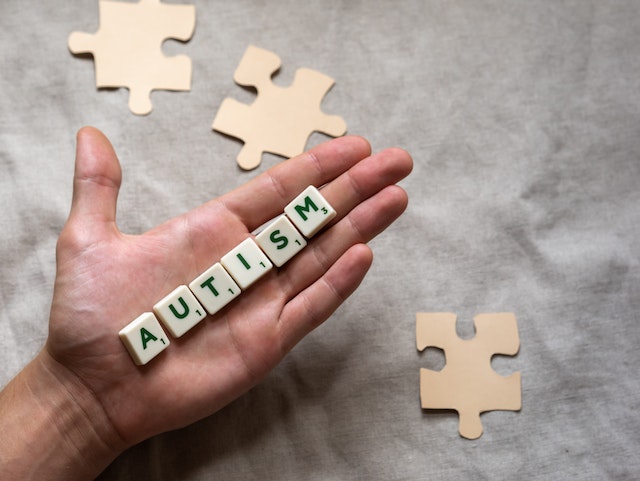
13. *Substance Use Disorders*
Dependence on or addiction to substances such as drugs or alcohol
Cravings
Loss of control over substance use
Withdrawal symptoms when not using
Neglecting responsibilities due to substance use
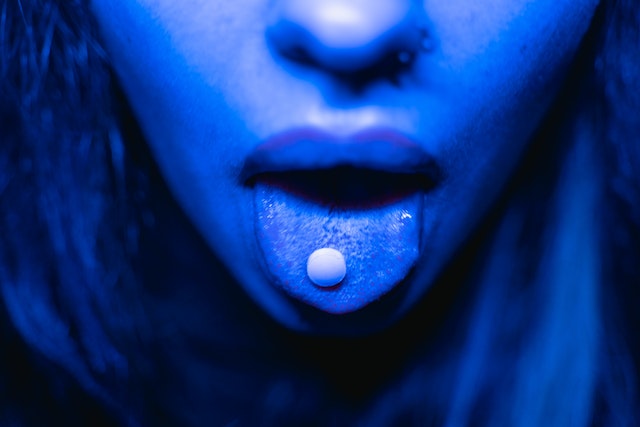
14. *Schizoaffective Disorder*
Symptoms of both schizophrenia (hallucinations, delusions) and mood disorders (depressive or manic episodes)
Impaired functioning in daily life

15. *Dissociative Identity Disorder (DID)*
Presence of two or more distinct personality states or identities
Gaps in memory for personal information or traumatic events
Identity disruption and distress

16. *Social Anxiety Disorder (Social Phobia)*
Intense fear of social situations and scrutiny by others
Avoidance of social events and interactions
Physical symptoms like blushing, sweating, or trembling in social situations

17. *Agoraphobia*
Fear of being in places or situations from which escape might be difficult or embarrassing
Avoidance of crowded places or situations
Often co-occurs with panic disorder
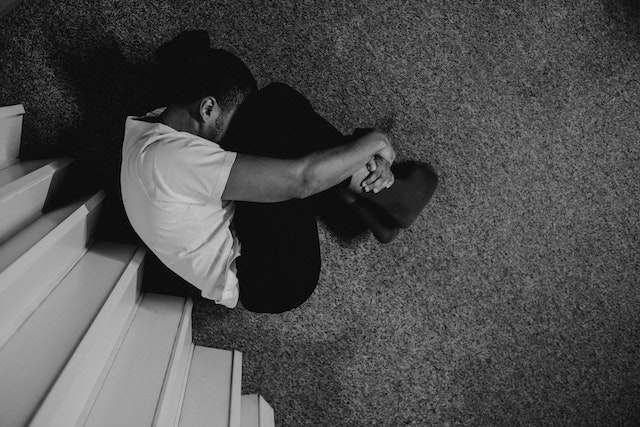
18. *Hoarding Disorder*
Persistent difficulty discarding possessions, regardless of their actual value
Accumulation of a significant amount of clutter that impairs living spaces
Distress and impairment in daily life due to hoarding behavior

19. *Body Dysmorphic Disorder (BDD)*
Preoccupation with perceived flaws or defects in physical appearance, which are not noticeable or are minimal to others
Repetitive behaviors (e.g., mirror checking) or mental acts (e.g., comparing one's appearance to others)
Avoidance of social situations due to self-consciousness

20. *Narcissistic Personality Disorder*
Grandiosity and an inflated sense of self-importance
Need for excessive admiration and attention
Lack of empathy for others
Belief in one's own uniqueness and entitlement

21. *Antisocial Personality Disorder*
Persistent disregard for the rights of others
Deceitfulness, impulsivity, irritability
Lack of remorse for harmful actions
History of conduct problems since childhood

22. *Selective Mutism*
Consistent failure to speak in specific social situations where there is an expectation to speak (e.g., at school) despite speaking in other settings
Often begins in childhood

23. *Trichotillomania (Hair-Pulling Disorder)*
Recurrent pulling out of one's hair, leading to hair loss
A sense of tension before pulling and relief afterward
Significant distress and impairment due to hair-pulling

24. *Excoriation (Skin-Picking) Disorder*
Recurrent and compulsive picking of one's skin, resulting in skin lesions
A sense of tension before picking and relief afterward
Significant distress and impairment due to skin-picking

25. *Histrionic Personality Disorder*
Excessive attention-seeking behavior
Uncomfortable when not the center of attention
Rapid shifts in emotions and shallow relationships
Tendency to be easily influenced by others

26. *Depersonalization-Derealization Disorder*
Persistent feelings of being detached from oneself (depersonalization) or the environment (derealization)
A sense of unreality or disconnection from reality
Often triggered by stress or trauma

27. *Body-Focused Repetitive Behaviors (BFRBs)*
Group of disorders that involve repetitive self-grooming behaviors directed at one's body, such as hair-pulling (trichotillomania) or skin-picking (excoriation disorder)
Often used as coping mechanisms

28. *Delusional Disorder*
Presence of one or more non-bizarre delusions (false beliefs) that persist for at least one month
Otherwise, normal functioning in daily life
Delusions typically involve themes like persecution or grandiosity

29. *Tourette Syndrome*
A neurological disorder characterized by motor and vocal tics that begin in childhood
Tics are repetitive, involuntary movements or vocalizations
Tics can vary in severity and complexity

30. *Cyclothymic Disorder*
A milder form of bipolar disorder
Periods of mood swings, including hypomania and depressive symptoms
Symptoms are less severe than in bipolar I or II

31. *Intermittent Explosive Disorder*
Recurrent episodes of impulsive, aggressive behavior disproportionate to the provocation
Outbursts of verbal or physical aggression
A sense of relief or satisfaction after the outburst, followed by regret or remorse

32. *Kleptomania*
Recurrent failure to resist impulses to steal objects not needed for personal use or monetary gain
Tension before stealing and relief or gratification afterward
The stealing is not driven by anger or vengeance

33. *Alzheimer's Disease*
Alzheimer's is a progressive neurodegenerative disorder that primarily affects memory and cognitive function. Its symptoms include:
Memory loss, especially recent events.
Difficulty planning and problem-solving.
Confusion about time and place.
Challenges with language, including finding words and following or joining a conversation.
Misplacing items and being unable to retrace steps to find them.
Poor judgment and decision-making.
Changes in mood and personality, such as becoming more anxious, aggressive, or withdrawn.

34. *Parkinson's Disease*
Parkinson's is a neurodegenerative disorder that affects movement and often includes both motor and non-motor symptoms. Common symptoms include:
Tremors, usually starting in the hands or fingers.
Bradykinesia (slowness of movement).
Muscle rigidity, leading to stiffness and limited range of motion.
Postural instability, making it difficult to maintain balance.
Shuffling gait and decreased arm swing while walking.
Reduced facial expressiveness (masked face).
Micrographia (small, cramped handwriting).
Non-motor symptoms like depression, anxiety, and sleep disturbances.

35. *Dementia*
Dementia is an umbrella term for cognitive decline severe enough to interfere with daily life. Various conditions can cause dementia, including Alzheimer's disease and vascular dementia. Symptoms often include:
Memory loss that disrupts daily life.
Difficulty with problem-solving and planning.
Confusion about time, place, and people.
Trouble with language and communication.
Difficulty completing familiar tasks.
Poor judgment and decision-making.
Changes in mood and personality.
Withdrawal from social activities.
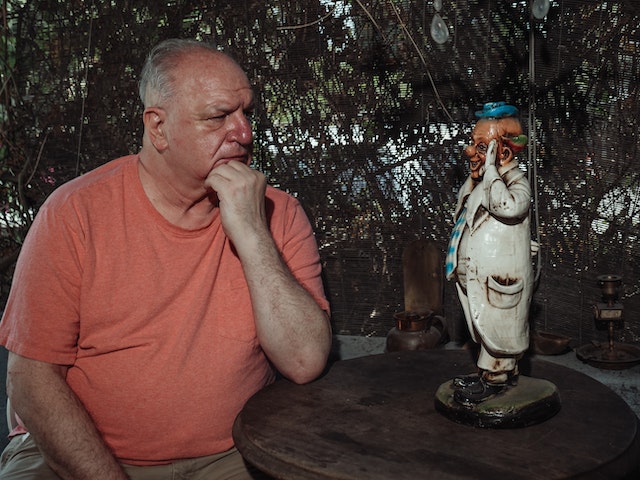
36. *Huntington's Disease*
Huntington's disease is a genetic disorder that affects the central nervous system. Symptoms typically appear in mid-adulthood and progress over time. Common symptoms include:
Involuntary jerking or writhing movements (chorea)
Muscle stiffness and rigidity
Cognitive decline, including difficulty with memory and concentration.
Mood changes, such as depression and irritability
Difficulty with speech and swallowing

37. *Multiple Sclerosis (MS)*
Multiple sclerosis is an autoimmune disease that affects the central nervous system. Symptoms can vary widely but often include:
Fatigue
Numbness or tingling in limbs
Muscle weakness
Difficulty with coordination and balance
Vision problems, such as double vision or blurred vision
Problems with memory and concentration
Emotional changes, like mood swings and depression

38. *Amyotrophic Lateral Sclerosis (ALS)*
ALS is a progressive neurodegenerative disease that affects nerve cells in the brain and spinal cord. Common symptoms include:
Muscle weakness, usually beginning in the limbs
Muscle atrophy (shrinking)
Difficulty with speech and swallowing
Twitching or cramping of muscles
Progression to paralysis
Cognitive changes in some cases
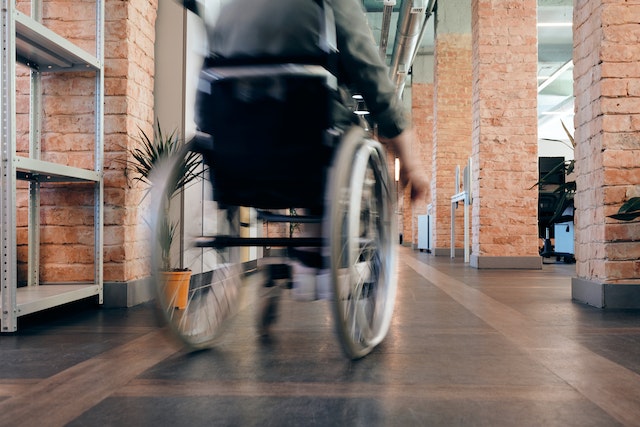
39. *Bipolar Disorder*
Bipolar disorder, previously known as manic-depressive illness, is characterized by extreme mood swings between mania (elevated mood) and depression (low mood). Symptoms include:
Mania: Elevated mood, increased energy, impulsivity, and reduced need for sleep.
Depression: Persistent sadness, loss of interest or pleasure in activities, changes in appetite and sleep patterns, feelings of guilt or worthlessness.
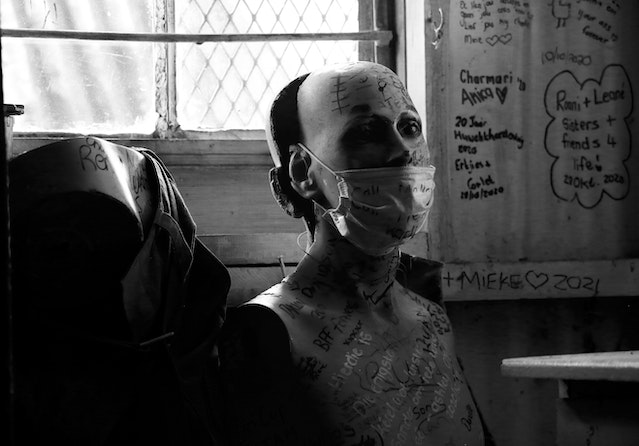
40. *Generalized Anxiety Disorder (GAD)*
GAD is a type of anxiety disorder characterized by excessive and persistent worry about various aspects of life. Symptoms include:
Excessive and uncontrollable worry
Restlessness or feeling on edge
Muscle tension
Irritability
Sleep disturbances
Difficulty concentrating
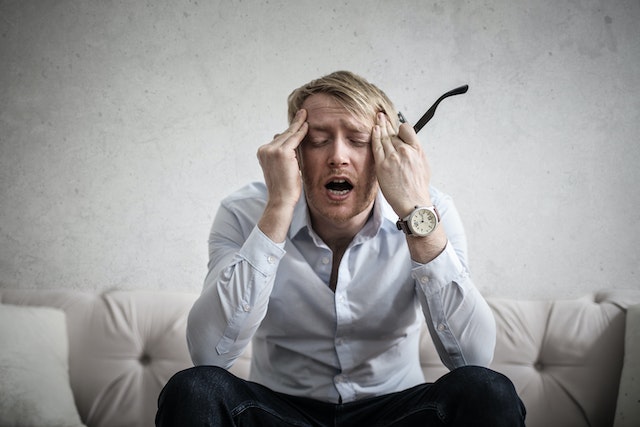
Substance abuse refers to the harmful or hazardous use of psychoactive substances, including alcohol and illicit drugs. Here are some key points about substance abuse and its types:
1. *Definition:*
Substance abuse involves the excessive and recurrent use of substances that lead to negative consequences on physical health, mental well-being, or social functioning.
2. *Types of Substances:*
Substance abuse can involve various types of substances, including:
Alcohol : Excessive alcohol consumption can lead to alcohol abuse and dependence.
Illicit Drugs : This category includes drugs like marijuana, cocaine, heroin, and methamphetamine.
Prescription Drugs : Misusing prescription medications, such as opioids, sedatives, or stimulants, can also be a form of substance abuse.
3. *TSigns and Symptoms: Common signs of substance abuse may include:*
Increased tolerance (needing more of the substance to achieve the same effect).
Withdrawal symptoms when not using the substance.
Neglecting responsibilities at work, school, or home.
Loss of interest in activities once enjoyed.
Failed attempts to cut down or control substance use.
Continued use despite knowing it causes physical or psychological problems
4. *Alcohol Abuse:*
Excessive alcohol consumption leading to problems in daily life, health issues, or dangerous behaviors.
5. *Drug Abuse:*
Misuse of illicit or prescription drugs, often resulting in addiction, health complications, or legal issues.
6. *Dual Diagnosis:*
Some individuals with substance abuse issues also suffer from mental health disorders, known as co-occurring or dual diagnosis.
7. *Consequences:*
Substance abuse can have severe consequences, including physical health problems, mental health disorders, relationship issues, legal troubles, and financial hardships.
8. *Treatment Options:*
There are various treatment approaches, including detoxification, counseling, therapy, support groups, and medication-assisted treatment, depending on the substance and individual needs.
9. *Prevention:*
Substance abuse prevention involves education, awareness, and early intervention to reduce the risk of developing a substance use disorder.
10. *Recovery:*
Many individuals can recover from substance abuse through proper treatment and support. Recovery is a lifelong process that often involves ongoing therapy and relapse prevention strategies.
It's important to seek help or encourage someone struggling with substance abuse to seek assistance from medical professionals or addiction specialists.
